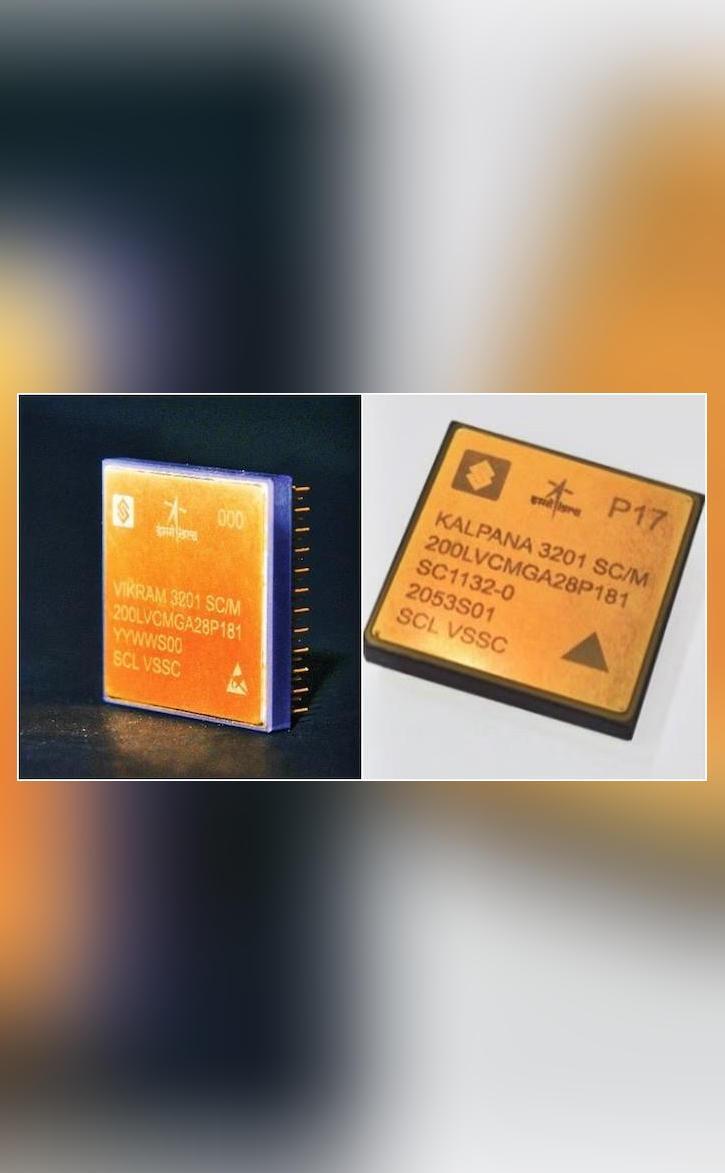
ISRO & SCL Develop 32-bit Microprocessors for Space Applications
The Indian Space Research Organisation (ISRO) and the Semiconductor Laboratory (SCL) in Chandigarh have made a significant breakthrough in the field of space technology by jointly developing two 32-bit microprocessors, VIKRAM3201 and KALPANA3201. These microprocessors have been specifically designed for use in space applications, marking a major milestone in India’s space exploration journey.
The development of these microprocessors is a testament to India’s growing capabilities in the field of space technology and its ability to design and develop complex systems indigenously. The VIKRAM3201 microprocessor is the first fully “Make-in-India” 32-bit microprocessor to be qualified for use in the harsh environmental conditions of launch vehicles, making it a significant achievement for ISRO.
The VIKRAM3201 microprocessor is designed to operate in extreme temperatures, ranging from -65°C to 125°C, making it suitable for use in space applications where temperatures can fluctuate drastically. It also has a high tolerance to radiation, which is essential for space missions where the microprocessor may be exposed to high levels of radiation.
The KALPANA3201 microprocessor, on the other hand, is designed for use in spacecraft and satellites, where it will be used to control various systems and instruments. It has a high processing speed and low power consumption, making it ideal for use in space applications where power consumption needs to be minimized.
The development of these microprocessors is a significant achievement for ISRO and SCL, as it demonstrates their ability to design and develop complex systems indigenously. It also marks a major milestone in India’s space exploration journey, as it allows the country to reduce its dependence on foreign technology and develop its own capabilities in the field of space technology.
The use of these microprocessors in space applications will also help to reduce the cost of space missions, as India will no longer need to rely on foreign technology and can instead develop its own indigenous capabilities. This will also help to create a strong indigenous ecosystem for the development of space technology in India, which will be a major boost to the country’s space exploration efforts.
The development of these microprocessors is also a testament to the strong partnership between ISRO and SCL, which has been working together to develop complex systems for space applications. The partnership between the two organizations has been instrumental in the development of these microprocessors, and it is expected to continue to play a key role in the development of India’s space technology capabilities.
In conclusion, the development of the VIKRAM3201 and KALPANA3201 microprocessors by ISRO and SCL is a significant achievement for India’s space exploration efforts. These microprocessors have been designed and developed indigenously, and they are suitable for use in space applications where extreme temperatures and radiation are a concern. The use of these microprocessors will help to reduce the cost of space missions, and it will also help to create a strong indigenous ecosystem for the development of space technology in India.






